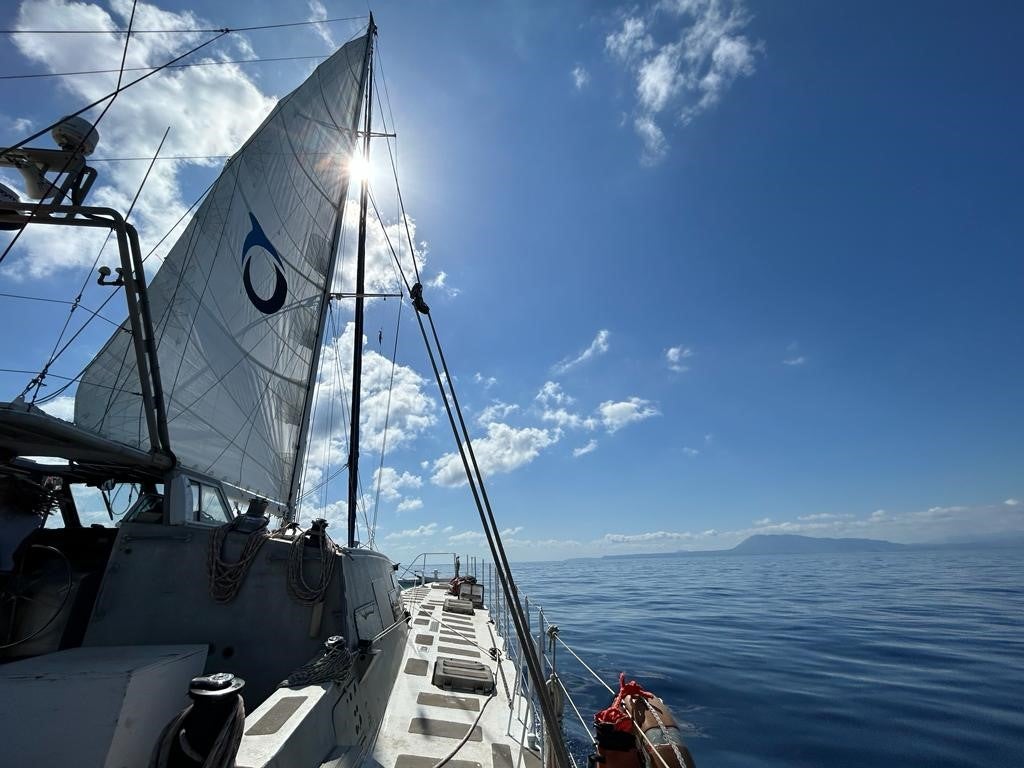Oceana launches expedition to research the destructive impacts of bottom trawling in Spanish waters
Press Release Date: September 15, 2023
Location: Madrid
Contact:
Emily Fairless | email: efairless@oceana.org | tel.: +32 478 038 490
Today, Oceana is launching an expedition to the Alboran Sea to document fisheries and gather evidence of the impact caused by bottom trawling on vulnerable seabed habitats and iconic species. The data gathered will serve as evidence to show EU decision-makers that bottom trawling in marine protected areas must be prohibited.
Pascale Moehrle, Executive Director of Oceana in Europe, said: “We cannot wait any longer to stop bottom trawling in protected areas. We would like to remind Spain, who leads the negotiations on behalf of EU states on the Nature Restoration Law, of the destructive fishing that is permitted in its own waters. For the sake of future generations, local fishing communities, and the resilience of EU seas, we need to act and the time for action is now.”
A team of Oceana scientists will lead the at-sea research and deploy an underwater robot capable of reaching 300m depths to collect data, images, and footage. The data obtained during the expedition will be analysed and ultimately used to support our advocacy efforts to ensure the sustainability of fisheries.
The Alboran Sea, between Spain and Morocco, is a hotspot of biodiversity. At the point where Atlantic and Mediterranean waters meet, it provides unique oceanographic conditions for marine life to thrive. However, the area is also heavily impacted by destructive fishing, like bottom trawling. In addition to this, the populations of some species, such as European hake, red mullet, and red and blue shrimps, are severely overfished, and the status of many others is simply unknown.

Background
Bottom trawling is among the most destructive types of fishing. It drags heavy, weighted nets along the seabed destroying everything in its path including vulnerable and long-lived habitats like corals and the species that depend on them. Oceana found that, in 2022, bottom trawling took place in about a fifth of the marine protected areas (Natura 2000 sites) in Spain designated to protect the seabed.
The European Commission’s Marine Action Plan, published in February, called to phase out bottom trawling in all EU marine protected areas by 2030. This plan has met with fierce opposition from key countries, such as Spain and France.
In addition, the final negotiations on the first law to restore Europe’s nature in 30 years, the Nature Restoration Law, are currently ongoing. This law is an unmissable opportunity to tackle the triple crises of climate change, biodiversity loss, and environmental degradation by restoring damaged habitats, protecting marine carbon stocks, and ending overfishing. Spain cannot miss this opportunity to restore nature.
Learn more:
Campaign: Phasing out bottom trawling

